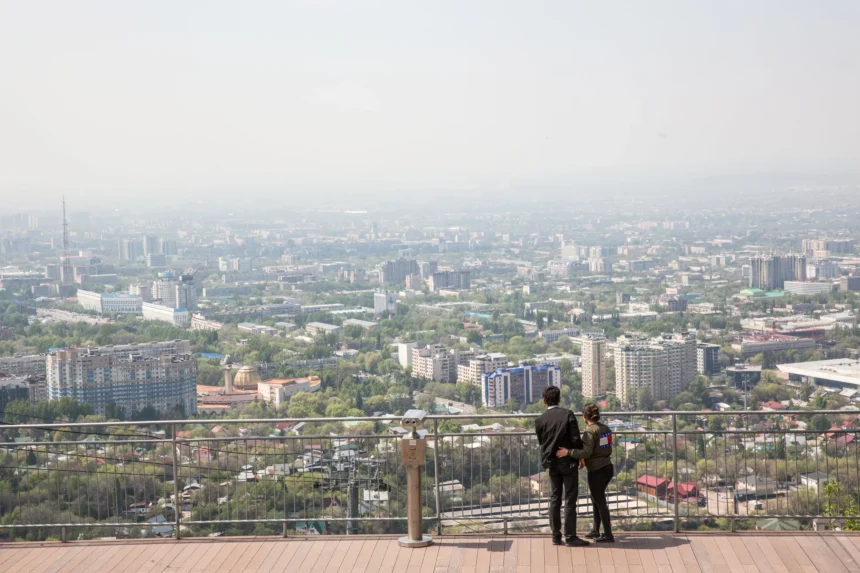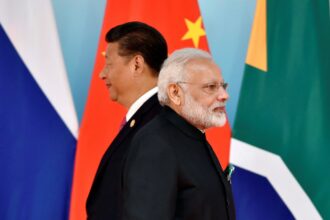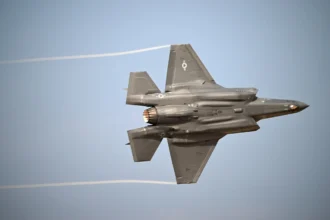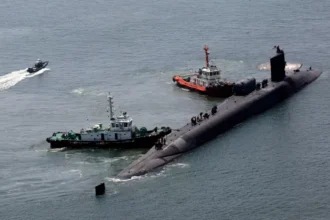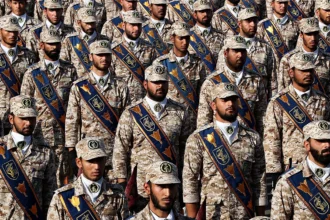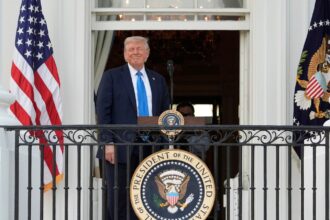For decades, Kazakhstan’s prosperity has been anchored in its vast oil reserves. But with volatile energy prices and the global economy shifting toward cleaner energy, the Central Asian nation is increasingly looking beyond hydrocarbons. The government has now set its sights on China as a critical partner to power its next phase of growth.
A Nation at a Crossroads
Kazakhstan is the world’s ninth-largest country by landmass, strategically positioned between Europe and Asia. Since independence in 1991, the country has leveraged its oil, gas, and mineral wealth to become the region’s economic leader. But heavy reliance on commodities has left it vulnerable to price shocks and global energy transitions.
Officials in Astana say diversifying the economy is no longer optional—it is a matter of survival. President Kassym-Jomart Tokayev has repeatedly emphasized the need for “new engines of growth” in sectors such as manufacturing, logistics, agriculture, and technology.
Why China Matters
Kazakhstan’s pivot toward China is both economic and geographic. China is not only Kazakhstan’s largest trading partner but also its gateway to global supply chains. Through Beijing’s Belt and Road Initiative (BRI), Kazakhstan has positioned itself as a central corridor for trade between East Asia and Europe.
Billions of dollars have already been invested in railways, highways, and logistics hubs that cut transport times between China and Europe by nearly half compared to maritime routes. Astana sees this role as a transit hub as a way to generate sustainable revenue long after oil demand peaks.
“Kazakhstan wants to be more than a fuel station to the world. It wants to be a bridge,” said a Central Asia analyst in Almaty.
Areas of Cooperation
The partnership with China is expanding on several fronts:
- Energy Transition: While still reliant on fossil fuels, Kazakhstan is working with Chinese companies to develop renewable projects such as wind and solar farms.
- Mining and Rare Earths: Beyond oil, Kazakhstan holds large deposits of uranium, copper, and rare earth metals vital for green technologies. Chinese firms are eager to secure access.
- Agriculture: Kazakhstan’s vast farmland has potential to supply China with grain, meat, and other food products, reducing Beijing’s reliance on distant markets.
- Digital Economy: Kazakhstan is attracting Chinese investment in telecommunications, e-commerce, and fintech, hoping to become a regional hub for digital innovation.
The Balancing Act
Kazakhstan’s embrace of China is not without complications. The country must balance its eastern ties with its longstanding relationships with Russia, the West, and international institutions. Western investors remain key to the energy sector, while Russia remains both an ally and a source of pressure, particularly in the wake of Moscow’s war in Ukraine.
For Kazakhstan, diversifying partnerships is as important as diversifying the economy. Overreliance on China could simply replace one dependency with another.
Economic Challenges
Even with Chinese support, Kazakhstan faces hurdles:
- Structural reforms are needed to improve governance and reduce corruption.
- Private sector development lags behind state-owned giants.
- Youth unemployment and an aging infrastructure strain long-term prospects.
Economists say that while infrastructure deals with China bring short-term growth, long-term prosperity will require homegrown innovation, education reforms, and stronger institutions.
A Vision for 2030
Astana has outlined ambitious goals to double non-oil exports by 2030 and increase manufacturing’s share of GDP. To achieve this, the country will rely on its geography, resources, and partnerships.
China is set to remain at the center of this equation. For Beijing, Kazakhstan offers security of supply for critical resources and a vital corridor in its global trade ambitions. For Kazakhstan, China represents both opportunity and risk—but also a chance to step onto the global stage as more than just an oil economy.
Conclusion
Kazakhstan’s pivot away from oil is a defining moment in its modern history. By betting on China, the nation hopes to transform from a resource-dependent state into a diversified economy that thrives on trade, technology, and innovation.
Whether this gamble pays off will depend on Astana’s ability to manage foreign partnerships, pursue reforms, and ensure that the benefits of growth reach its people. As one Kazakh economist put it: “The oil era gave us wealth. Now we must find a new era that gives us resilience.”

